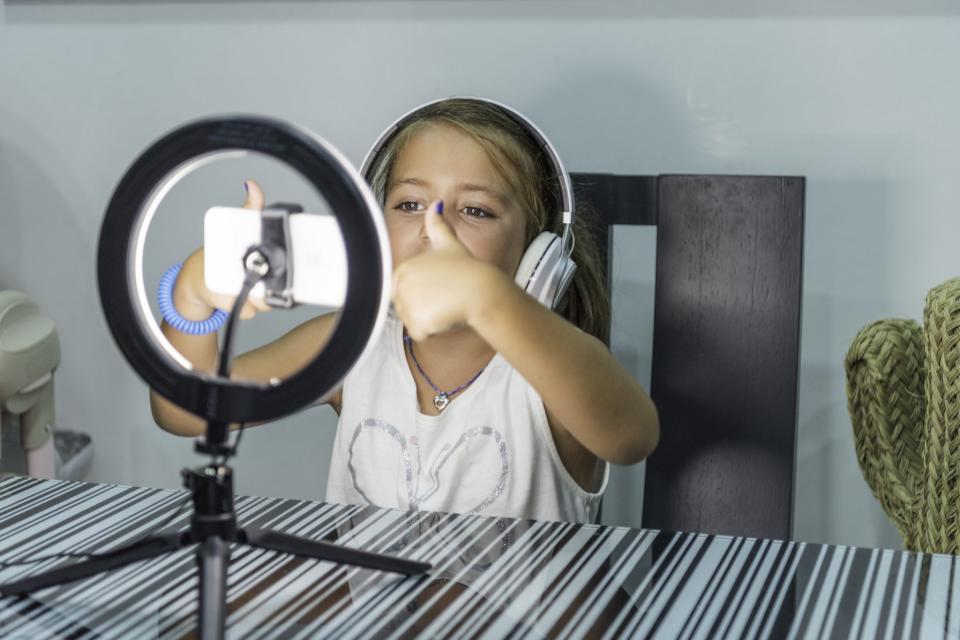A new Illinois law will force influencer parents to compensate their children for appearing in social media content

Many influencer parents like to incorporate their family into their TikToks, YouTube videos, and other types of short-form content. But a new law in Illinois will require them to hand over a share of their revenues to their young costars moving forward.
The state, on July 1, enacted new rules to its Child Labor Law, requiring adults to pay children under the age of 16 if those minors appear in at least 30% of their social media content over a 30-day period. Those funds must be placed into a trust, which the minor can access at the age of 18.
Parents who fail to do so can be sued by their children, according to the law.
While there are laws in place to protect children in professional film and television productions, there have not been any in place before this to protect those who are part of the online worlds. That gap has remained as a growing number of children become part of the influencer economy.
Illinois was the first state to pass these protections, but it may not be the last. Maryland, California, and Wisconsin are said to be considering similar legislation.
“The rise of social media has given children new opportunities to earn a profit,” said Illinois State Senator Dave Koehler (D.-Peoria) in a statement when the bill passed. “Many parents have taken this opportunity to pocket the money, while making their children continue to work in these digital environments.”
A 2019 report from CBS found “kidfluencers” can make as much as $10,000 per sponsored post. But the money goes to the account holder and, due to age restrictions on those platforms, that’s the parent or guardian.
The vloggers are responsible for maintaining records of their young costars’ appearances. The idea for the legislation came from Shreya Nallamothu, a 15-year-old high school student, who noted money made by child influencers is not protected and some parents or guardians appropriated those assets for their own use.
This story was originally featured on Fortune.com

 Yahoo Finance
Yahoo Finance 